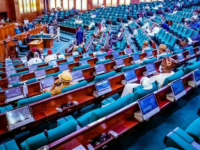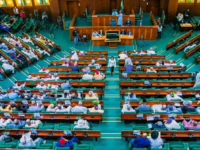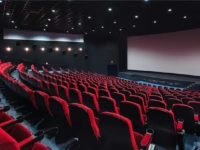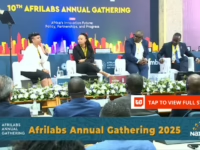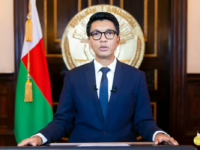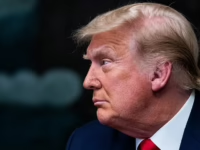Good morning. Welcome to the Up First newsletter. Subscribe here to receive it directly in your inbox, and tune into the Up First podcast for essential news to kickstart your day.
Top Headlines Today
Yesterday marked the release of nearly 2,000 detainees by Israel, initiating the first stage of a ceasefire accord with Hamas. Concurrently, Hamas freed the remaining 20 Israeli hostages still alive. Among the Palestinians returned to Gaza were professionals such as journalists, medical personnel, and emergency responders who had been forcibly taken from hospitals and public areas by military forces. NPR’s Aya Batrawy shared with Up First that many of these individuals bore visible signs of torture and severe malnutrition, with some barely able to walk.
Palestinian detainees freed as part of the prisoner-hostage exchange and ceasefire agreement between Israel and Hamas gesture upon arrival at Ramallah Cultural Centre in the occupied West Bank on October 13, 2025, after release from Ofer military prison. This initial ceasefire phase includes the liberation of 47 Israeli hostages, both living and deceased, captured on October 7, 2023, in return for 250 Palestinian prisoners and 1,700 Gazans held by Israel since the conflict began.
Mosab Shawer/Middle East Images/AFP via Getty
- 🎧 NPR’s Anas Baba witnessed the return of Palestinians to Gaza, observing a blend of relief and resilience as families reunited. However, many returnees found their homes destroyed or their relatives missing. Israeli forces continue to occupy Gaza and have stated they will not withdraw until Hamas is disarmed. Batrawy notes uncertainty remains over whether Hamas will consent to surrendering or storing their weapons. Meanwhile, efforts to rebuild Gaza face challenges, as former President Trump’s peace proposal neglects the West Bank and the establishment of a Palestinian state, leaving the core conflict unresolved.
- 🎧 Following his recent Middle East visit, Trump is receiving significant recognition for facilitating the ceasefire, according to NPR’s Tamara Keith. While previous ceasefires have been short-lived, this marks the first phase of a broader peace strategy for Gaza. Keith highlights that Trump’s diplomatic engagement signals a political commitment to sustaining peace, but stresses that ongoing involvement and pressure will be crucial to ensure the agreement endures.
- ➡️ Explore a detailed breakdown of the Gaza conflict through key statistics and figures.
Videos have surfaced showing federal immigration agents employing increasingly forceful methods during immigrant detentions. A recent poll by The New York Times and Siena University reveals that most Americans disapprove of the Trump administration’s immigration enforcement tactics.
- 🎧 Ed Yohnka from the ACLU of Illinois told NPR’s Meg Anderson that agents have been seen forcibly removing individuals from vehicles and aggressively apprehending people simply walking on the streets. Observers report that federal officers have used tear gas and pepper balls against immigrants, protesters, and journalists. U.S. Immigration and Customs Enforcement maintains that its personnel operate within legal and policy frameworks. Former U.S. Customs and Border Protection commissioner Gil Kerlikowske commented that immigration agents lack adequate training for urban policing, where building community trust is essential.
New data from 2025 reveals that U.S. students in grades three through eight scored lower in reading compared to 2019 levels. These findings come from the Spring 2025 MAP Growth Assessment by NWEA, a K-12 educational testing and research organization. While some grades showed progress in math, all remain behind pre-pandemic benchmarks.
Rising Cost of Living
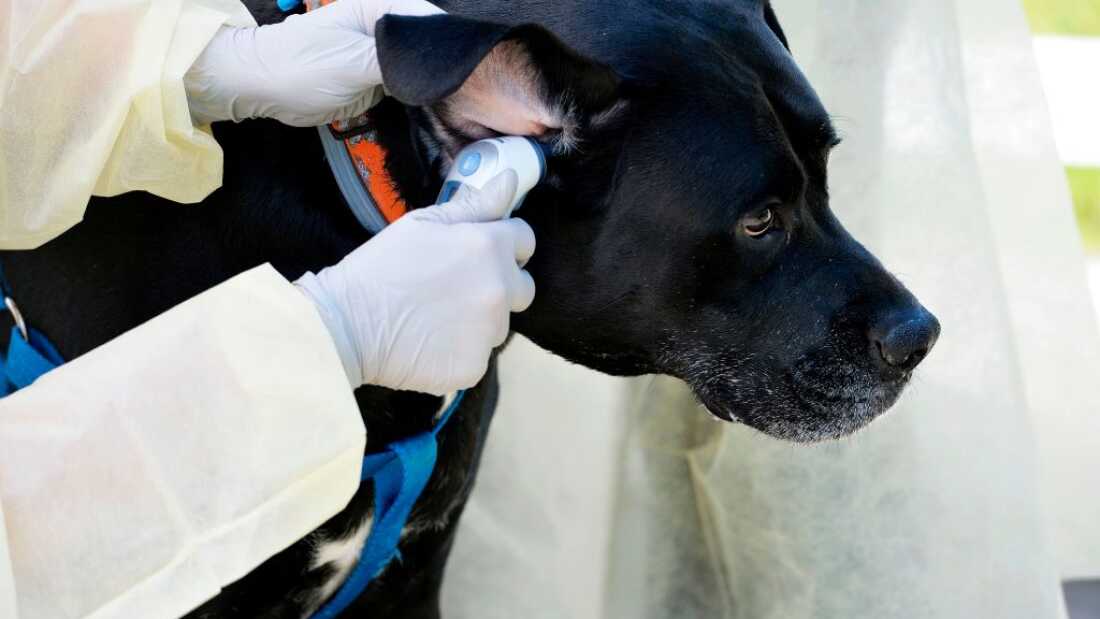
Veterinarian Janet Sosnicki, 36, measures the temperature of Theodore during a drive-through veterinary clinic at the Salem Animal Rescue League in Salem, New Hampshire, on May 27, 2020. Many veterinary offices shifted to outdoor visits during the pandemic to minimize COVID-19 transmission. (Photo by Joseph Prezioso / AFP via Getty Images)
Joseph Prezioso/AFP/Getty Images
NPR’s series Cost of Living: The Price We Pay investigates the factors behind rising prices and how individuals are adapting after years of persistent inflation.
Pet owners have likely noticed the surge in veterinary care expenses. The Indicator from Planet Money spoke with veterinarian Adam Hechko to understand the reasons behind these increases. Here are some key points from their conversation:
- 🐶 Operating a veterinary clinic has become more expensive due to rising costs of supplies, including medications and equipment, partly driven by tariffs. For example, the price of a box of examination gloves has more than doubled in the past year.
- 🐶 Labor costs now account for over half of many clinics’ expenses, as wages in veterinary professions have steadily increased.
- 🐶 There is a growing willingness among pet owners to invest more in their animals’ health. Hechko attributes this shift to the pandemic lockdowns, during which pets often served as primary companions, motivating owners to prioritize high-quality care.
Listen to the full interview with Hechko or read the transcript to learn more about the rising costs of pet care. This week, the series will also explore the escalating expenses in healthcare. Stay informed with the latest updates here.
How have rising prices affected your lifestyle? Share your experience by filling out this form to contribute your story to NPR.
Photo Feature
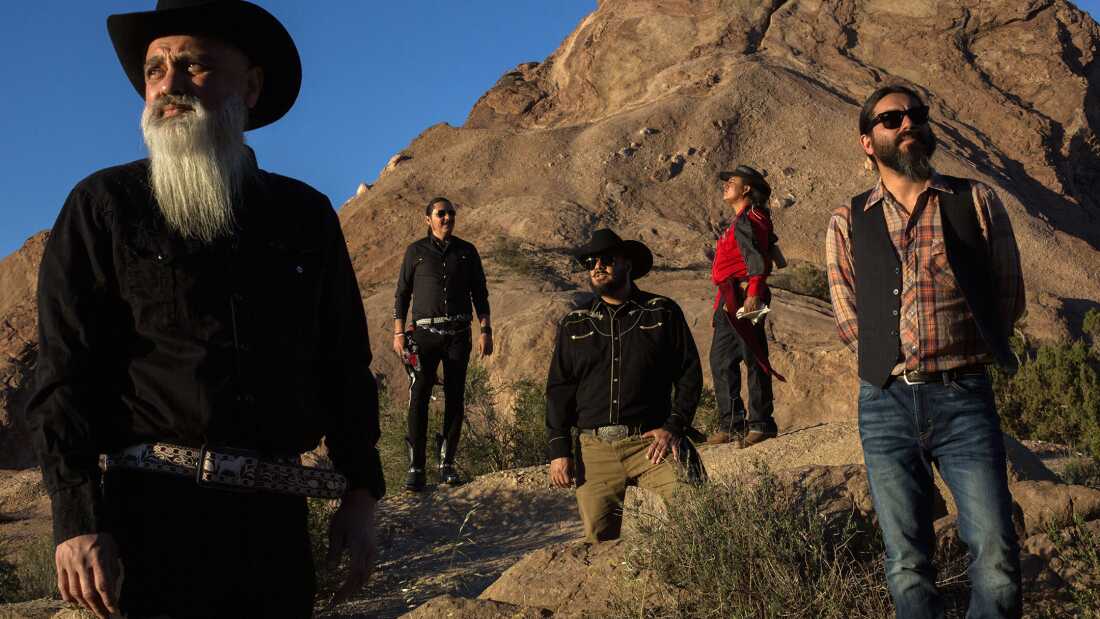
Spaghetti Cumbia poses for a portrait at Vasquez Rocks in northern Los Angeles County on March 26, 2022.
Ivan Kashinsky
Cumbia Across Latin America is a visual exploration highlighting the communities, locations, and traditions that sustain this vibrant music genre across six countries.
The Los Angeles-based band Spaghetti Cumbia grew up immersed in Latin music, including cumbia, within their homes. Their sound evolved by blending cumbia with influences from classic rock, punk, and hip-hop, infused with a Spaghetti Western flair. The band credits their passion for music with steering them away from the prevalent gang violence of the 1990s on LA’s east side, a neighborhood known for its immigrant population. They recall that their busy schedules of rehearsals and studio work left little time for street life. Discover how Los Angeles shaped the evolution of cumbia music and view photos from the band’s performances. The article is also available in Spanish.
Three Things to Know Before You Go
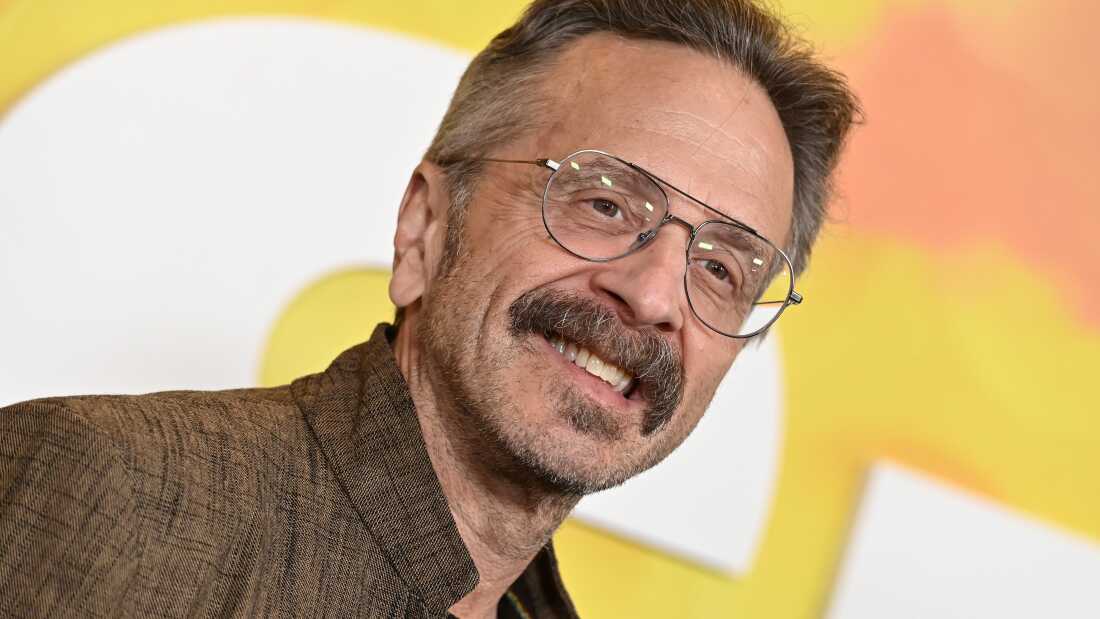
Marc Maron attends the Los Angeles premiere of Apple TV+’s new series Stick at AMC Century City 15 on May 29 in Los Angeles, California.
Axelle/Bauer-Griffin/FilmMagic
- Comedian and actor Marc Maron concluded his bi-weekly podcast WTF with Marc Maron with episode 1,686, featuring former President Barack Obama as the final guest. Obama shared his perspectives on today’s political climate and reflected on the podcast’s impact.
- The 2025 Nobel Prize in Economics was awarded to Joel Mokyr, Philippe Aghion, and Peter Howitt for their groundbreaking research on how technological innovation cycles fuel economic growth and lead to creative destruction.
- After graduating high school in 1971, Silvana Clark enrolled in community college, encouraged by her drama teacher George Meshke, who worked there. Facing financial hardship, she confided in Meshke, who helped her secure a scholarship. Later, Clark discovered that Meshke had quietly paid her tuition, a kindness she cherishes to this day.
This newsletter was edited by Suzanne Nuyen.




